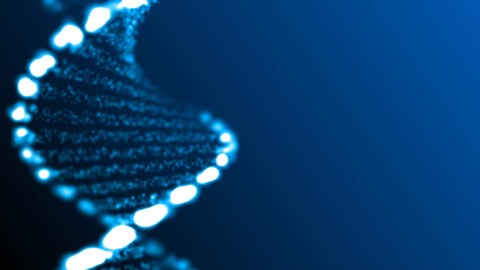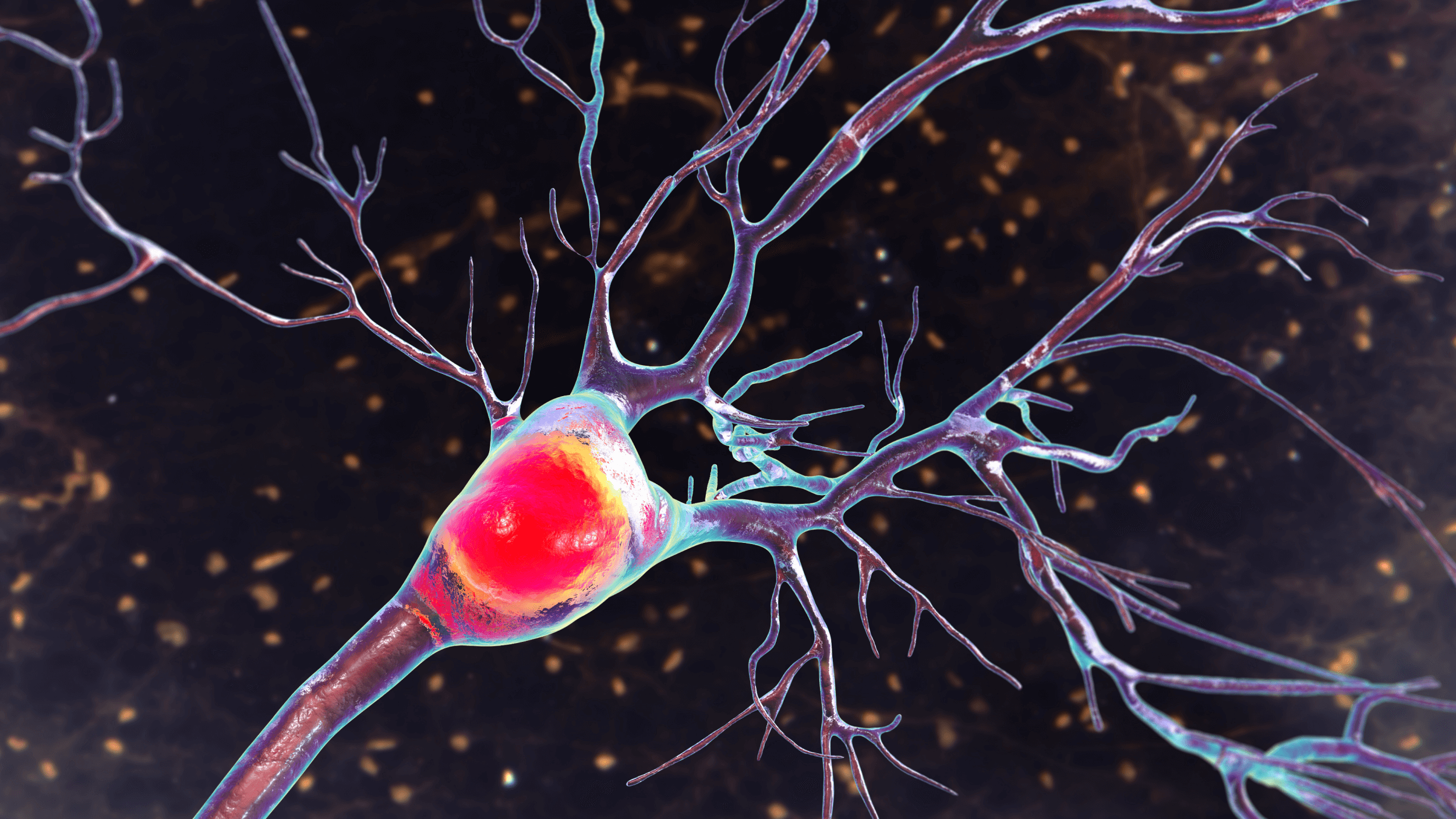Which of Your Genes Makes You Truly Unique?

What’s the Latest Development?
Ironically, what are called compatibility genes give each person their individuality, according to a new book by immunologist Daniel Davis called The Compatibility Gene. “From early on in the evolution of life, individual cells – and later multicellular organisms – developed the ability to recognise that which was the same as them, and that which was different. Davis recounts how, when we are growing as fetuses, our compatibility genes train the immune system to recognise our own cells and tissues as ‘self’ and so, in healthy people, they know what not to attack.”
What’s the Big Idea?
The more diverse our gene pool becomes, the first major instance of which occurred as humans left Africa to settle in Europe, the more strongly defined our compatibility gene becomes. For this reason, while millions of people may be willing organ donors, finding a transplant that would not be rejected by the body of the person in need is an extremely difficult task. Because different compatibility genes cause different responses to vaccinations, different disease susceptibility, and different responses to treatment, recognising compatibility genes will ultimately give better health for all.
Photo credit: Shutterstock.com





